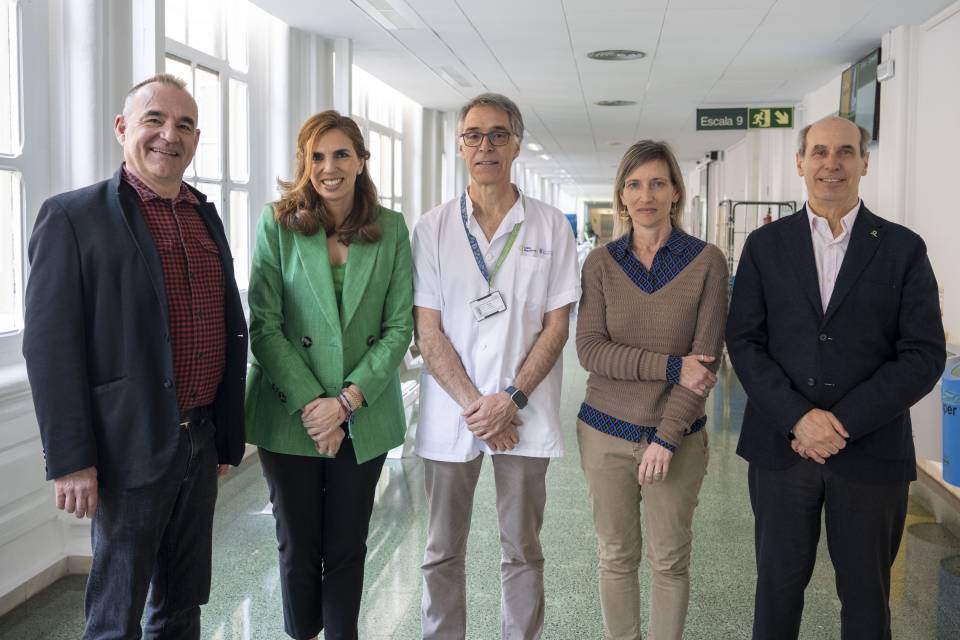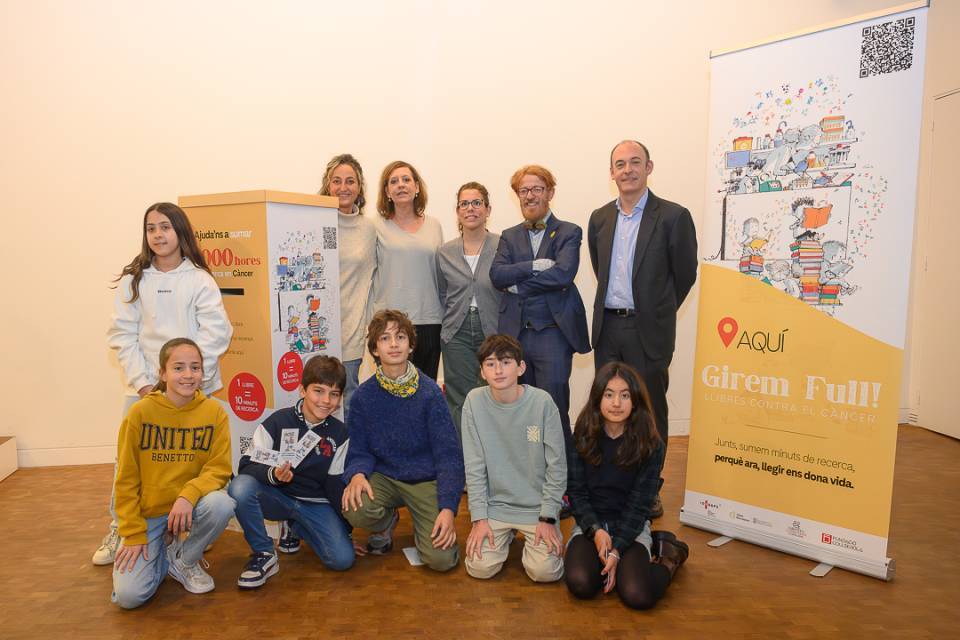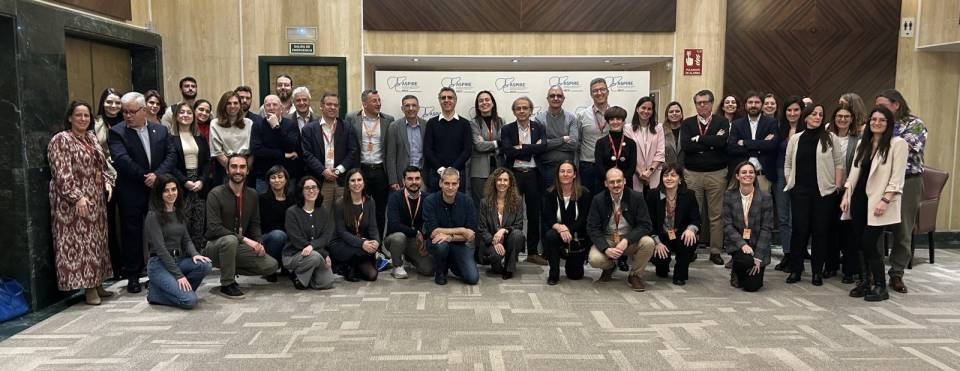- What is it?
La Radioterapia en el Clínic
The Radiation Oncology Department is part of the Clinical Institute of Haematological and Oncological Diseases at Hospital Clínic de Barcelona. The Radiation Oncology Department is composed of a multidisciplinary team. A team of professionals from Radiation Oncology, Hospital Radiophysics, expert radiotherapy technicians and specialist nursing staff are involved in radiotherapy treatment.
Each case handled by the Radiation Oncology Service is assessed by a multidisciplinary oncology committee or the Oncology Unit. The radiation oncology specialist will assess which type of treatment is best suited to the disease. This will then be explained in detail to the patient, who must sign an informed consent form for the proposed treatment. Any doubts that may arise will also be cleared up.
A treatment planning scan (CT scan) will be performed. Prior to this simulation, the patient will be visited by the Radiation Oncology nursing team, located at the door of Basement 7B at Hospital Clínic. The nursing staff will emphasise the indications given by the doctor, as well as giving instructions and recommendations for the control and monitoring of side effects.
The radiotherapy technician, a simulation specialist, will inform the patient about the procedure to be performed, the immobilisers required for certain locations (for example the plastic material ‘mask’, which is used to immobilise certain areas [the head, thorax, etc.], individualised vacuum bags to maintain the position during treatment, etc.).
CT scans will be performed on the areas to be irradiated. Contrast may sometimes be needed for testing. During the planning session, the radiotherapy technician tattoos some marks on the skin.
With all the necessary examinations, the radiation oncologist locates the treatment area, decides on the dose of radiation the patient should receive each day, and how many sessions there will be.
Radiophysicists and dosimetry technicians carry out the calculations necessary to determine the correct dose to administer. These calculations are different for each patient and depend on many factors.
Once the treatment has been prepared and verified, the technicians administering it will ensure the patient’s safety and well-being. On the first day of treatment, the person will go the treatment room (Bunker), located in the basement, door 9A. The treatment to be carried out, the number of sessions planned, the treatment time and the first follow-up appointments with both the medical and nursing teams will all be explained to the patient.
Research at Hospital Clínic
The Radiotherapy Oncology Department at Hospital Clínic promotes research in the field of Oncology and Haematology through the August Pi i Sunyer Biomedical Research Institute (IDIBAPS), more specifically, the Diagnostics and Therapeutics in Oncology and Translational Genomics and Targeted Therapies in Solid Tumours group.
Research at the Radiation Oncology Department aims to improve the response to cancer treatment and reduce side effects by personalising radiotherapy treatment based on state-of-the-art diagnostic and therapeutic technology.
The main lines of research at the department are:
• Identifying new therapeutic strategies through personalised molecular diagnostics.
• Optimising radiotherapy treatment using biological toxicity models.
Research activity is carried out in the following areas:
• Clinical research (SBRT in lung cancer and oligometastatic cancer, extreme hypofractionation in breast and prostate tumours, intraoperative radiotherapy, etc.).
• Participation in national and international clinical trials. The Department has a Clinical Trials Unit that is shared with the Haematology and Medical Oncology Services (Embrace, Combination of VMAT and new molecules in head and neck and pulmonary combination of radical radiotherapy with systemic treatments (SBRT, immunotherapies and targeted therapies) SBRT in lung tumours, oligometastatic SBRT, extreme hypofraction in prostate tumours, etc.).
• Translational research: Radiogenomics in breast cancer
• Research in medical physics: Improvement of mathematical models used to calculate highly complex radiotherapy treatments, in vivo verification of gynaecological brachytherapy treatments and intraoperative radiotherapy.
Teaching and training at Hospital Clínic
The Radiation Oncology Department at Hospital Clínic is fully involved in teaching and training both its own professionals and those from other centres, as well as residents in internal medicine/pharmacy. It also provides training for Senior Radiotherapy Technicians linked to the Accredited Centre.
- Degree: Teaching linked to the Faculty of Medicine and Health Sciences at the University of Barcelona.
- Qualification: Professionals from the Department participate as lecturers in the Medical and Radiotherapy Oncology module of the Medical Degree at the University of Barcelona.
- Resident training: Each year, the Department offers a specialisation position in Radiation Oncology (4 years) and Hospital Radiophysics (3 years).
The Department is trained to receive rotations of residents from other specialisms and other centres (both national and international).
It also conducts training for senior radiotherapy technicians linked to the Accredited Centre.
Specialists from the Department lead continuous training actions, which can be divided into three types:
- Scientific sessions.The latest advances in specific pathology are presented.
- First visit sessions. Specific cases which are of special interest due to their clinical complexity or relevance are discussed.
- Technical sessions.The medical, radiophysics and dosimetry team discusses specific cases which are of particular interest due to their technical complexity.
Substantiated information by:

Published: 14 July 2021
Updated: 14 July 2021
Subscribe
Receive the latest updates related to this content.
Thank you for subscribing!
If this is the first time you subscribe you will receive a confirmation email, check your inbox


